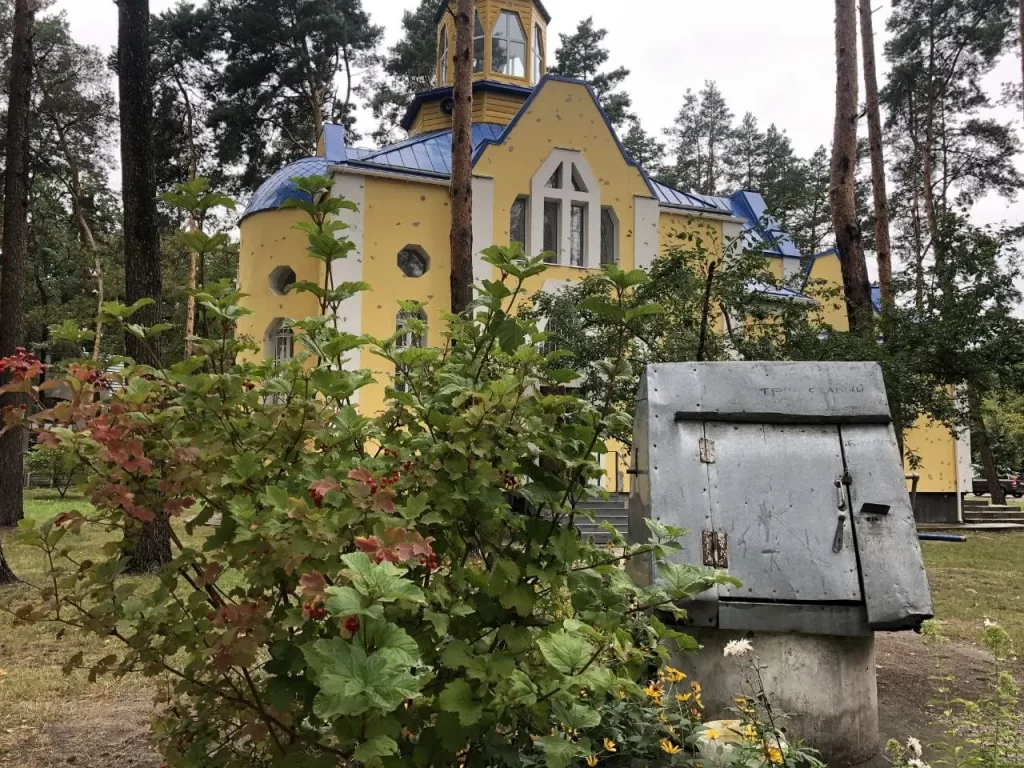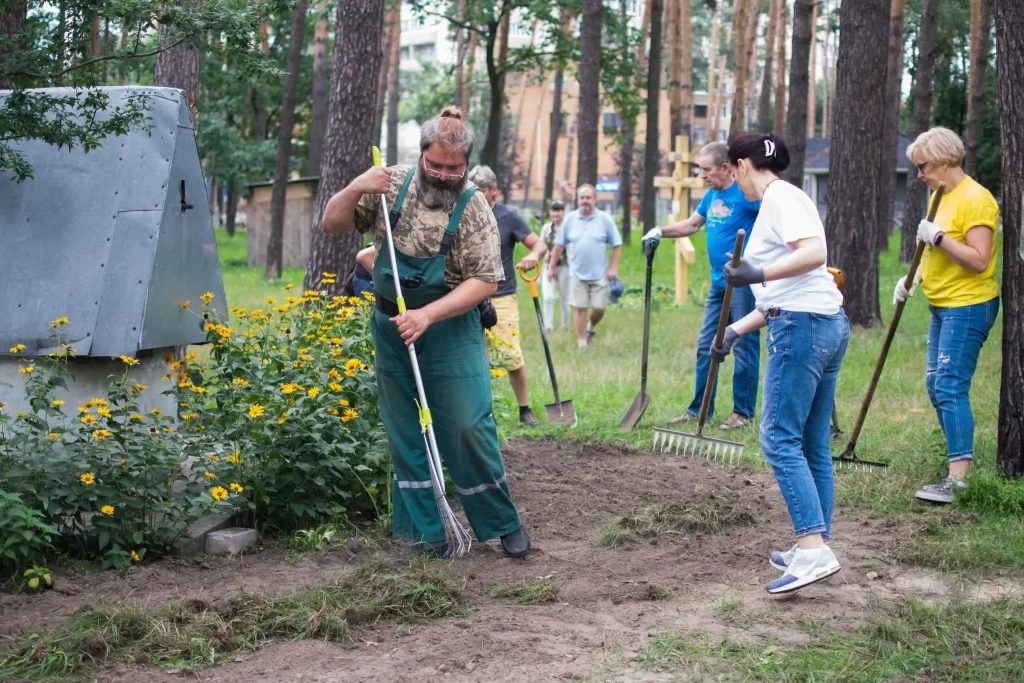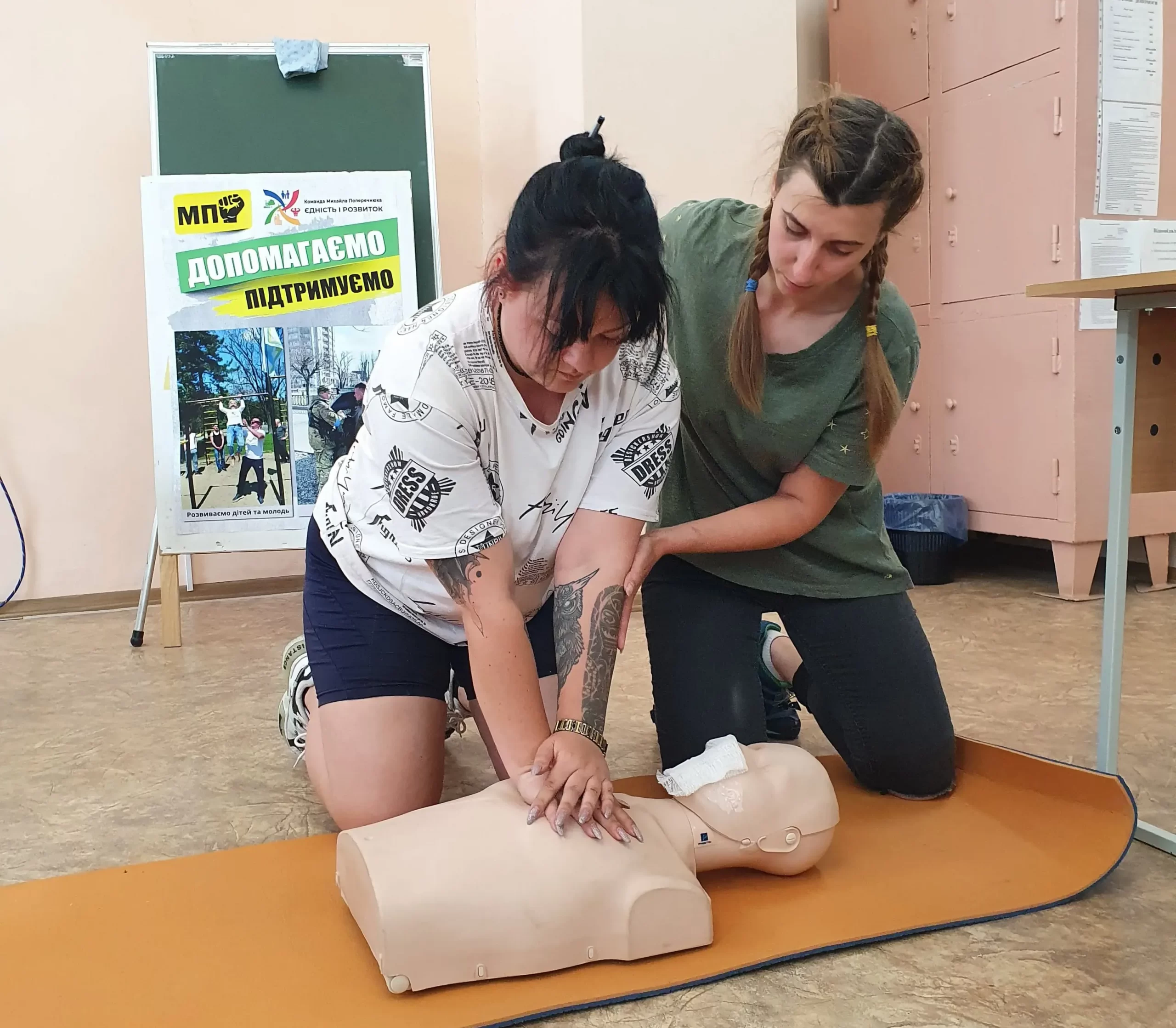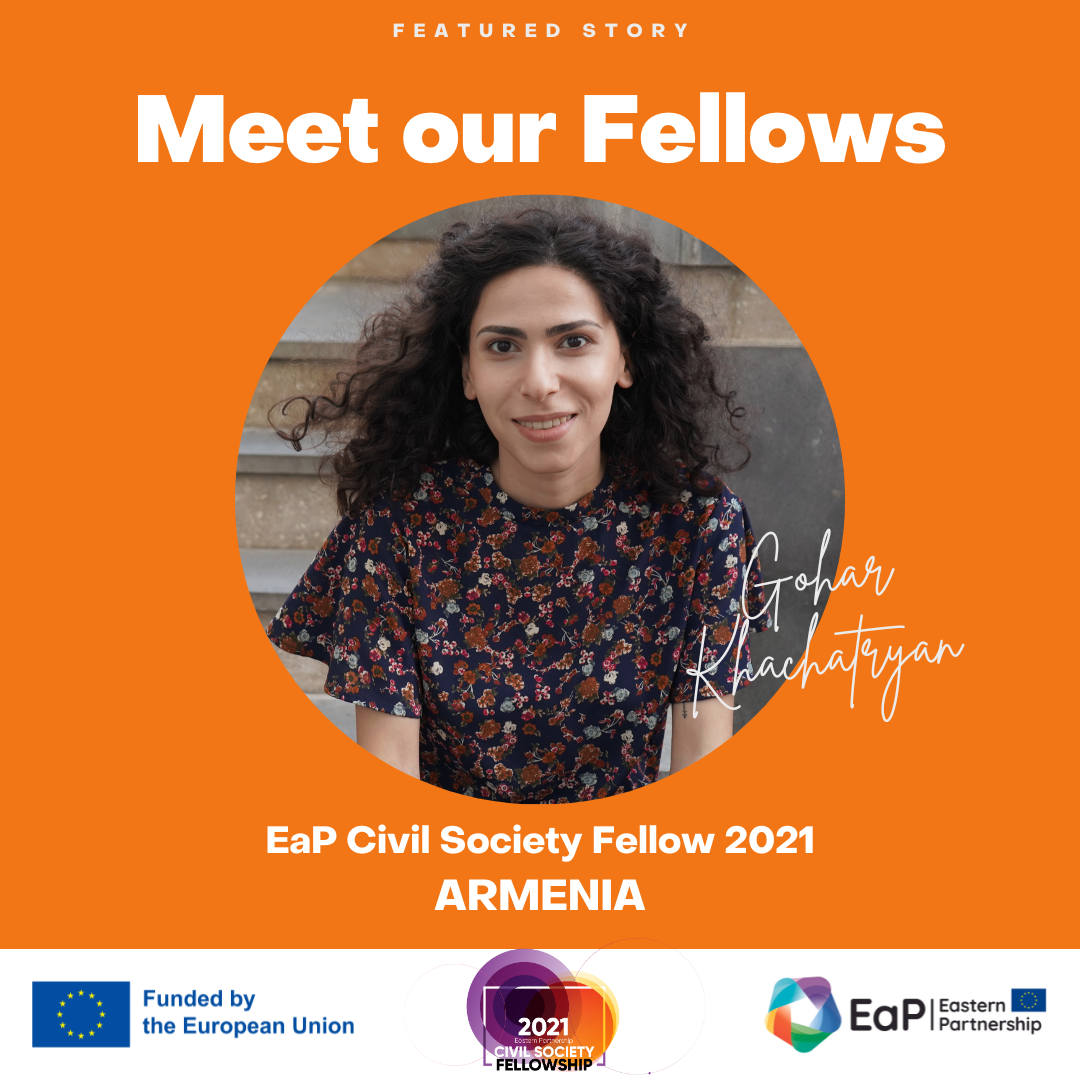 The town of Irpin to the west of Kyiv became one of its outposts during the Kyiv offensive by the Russian army, where heavy fighting took place from the 24th of February 2022. The 65,000-people town was partly occupied, and the aggressor heavily damaged the entire town. But Irpin is now famous for another reason as well. It was the first to be liberated: Ukrainian forces fully recovered control over the town on the 28th of March 2022.
The town of Irpin to the west of Kyiv became one of its outposts during the Kyiv offensive by the Russian army, where heavy fighting took place from the 24th of February 2022. The 65,000-people town was partly occupied, and the aggressor heavily damaged the entire town. But Irpin is now famous for another reason as well. It was the first to be liberated: Ukrainian forces fully recovered control over the town on the 28th of March 2022.
The ArtPole Agency team was among the first coming to Irpin after its liberation. With EU funding and in cooperation with the Ukrainian House in Warsaw (Poland) and the proto produkciia Agency (Ukraine), they launched Irpin. Chronicles of Recovery to support the efforts of Ukrainian activists and to engage Irpin residents in the town’s post-war recovery. At the same time the team documented different war crimes and damages to raise awareness about the war in Ukraine and advocate for anti-war measures.
Six public locations in Irpin with around 4,000 people living nearby were restored during two tolokas, traditional local community gatherings for communal works. The action initiative group consisting of civil society activists, landscape and urban designers, local residents and businesses, engaged over 150 people for the tolokas in August and September 2022 to plant different plants and flowers in public spaces near local shops, the park, and the church.
Tolokas were also a good opportunity for the community to come together and for residents to meet more of their neighbours. Olena Tarzhanova, Irpin-based IDP from Mariupol and toloka participant sums it up very well: ‘I’m happy that my parents also joined [the toloka]. They don’t know many people here, and there was an opportunity to talk to other people’.
 While working on restoring Irpin’s public spaces, Toloka participants were sharing their war stories. ‘It seems that planting together helped many people talk about their personal tragedies, but also share their hopes for the first time,’ says Betti Goncharova from Bakhamut who had to relocate to Kyiv and joined the toloka in September 2022.
While working on restoring Irpin’s public spaces, Toloka participants were sharing their war stories. ‘It seems that planting together helped many people talk about their personal tragedies, but also share their hopes for the first time,’ says Betti Goncharova from Bakhamut who had to relocate to Kyiv and joined the toloka in September 2022.
Nine selected video interviews with Irpin residents and activists were combined into a documentary about war crimes and tragedies. ‘It’s a warm film about scary things,’ said Benjamin Cope, a visitor attending the documentary public screening in Warsaw in November 2022. As of early March 2023, at least 1,300 people have seen the documentary at offline and online screenings organised by the ArtPole Agency. The shortened version of the documentary is available on the ArtPole Agency website.
Irpin. Chronicles of Recovery inspired different events in Ukraine and abroad, like Okna dla Ukrainy, a concert in Warsaw by Polish and Ukrainian musicians: their performances were accompanied by the documentary video produced ArtPole, and 8,000 euros were collected for the restoration of windows in Irpin houses. Another example is a similar project implemented by the residents of the Motyzhyn village in Bucha raion, Kyiv Oblast.
The work on restoring Irpin continues and the ArtPole Agency will also continue to distribute the documentary. The newly established Irpin activists group committed to maintain what was restored, and potentially restore more public space in the future. And, as one of the 2022 Eastern Partnership Civil Society Fellows, Myroslava Ganyushkina, a chairwoman of ArtPole Agency, will now share her experience with a much wider network of activists.
Background information:
The project “Irpin. Chronicles of Recovery” is one of the initiatives supported by the European Union through our ‘Eastern Partnership Civil Society Facility project within the #StandWithUkraine Call launched on the 8th of April 2022, in response to the war in Ukraine. Through this Call we directly supported 14 initiatives, covering a wide range of topics: support to pregnant women during the war, support to IDPs in specific regions, first aid and safety trainings for volunteers and citizens, educational programmes for children, as well as support to preparatory work for economic recovery. In addition, 13 smaller scale initiatives were supported through the EaP Civil Society Fellowship programme. Find more about the results of the Call here and read the stories about other supported initiatives here.




